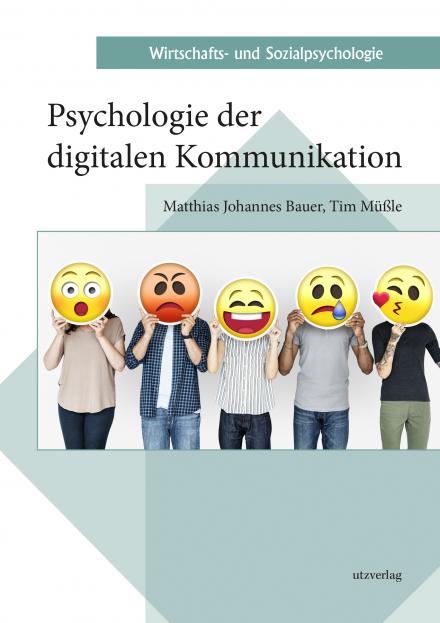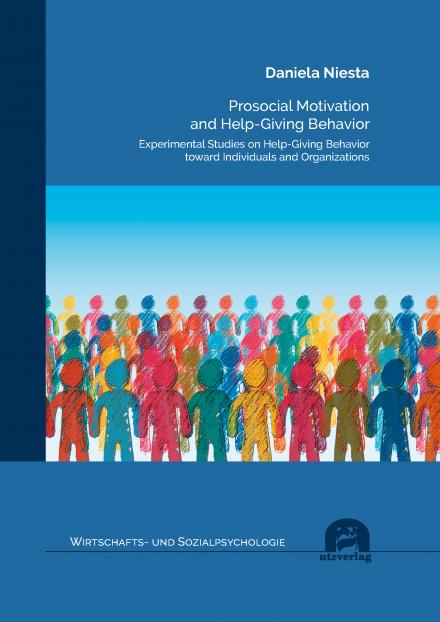
Daniela Niesta
Prosocial Motivation and Help-Giving Behavior
Experimental Studies on Help-Giving Behavior toward Individuals and Organizations
One of the major questions in social psychology is why people do – or do not – act prosocially. Previous research, however, has assumed little risk to the help-giver and focused on help-giving to individuals instead of to groups. This book addresses these two shortcomings in three parts. The first part tests the mood-induced prosocial behavior pattern in the context of morally courageous and risky behavior. The subsequent part embeds the theory of social conduct in an organizational context. Attributions about the recipients of donations – responsibility, severity of the plight, for example – influence donations. Finally, the third part examines the critical role of trust in the nonprofit organization and merges recipient-based characteristics with organization-based characteristics as cues to determine an individual’s willingness to donate. The studies in this book suggest means to stimulate prosocial behavior such as moral courage and charitable donation.
Leseproben
-
broschiert: 132 Seiten Format: 20,5 x 14,5 ISBN 978-3-8316-0547-7 Erschienen: 22.12.2005 40,98 € (Preisbindung aufgehoben)
vergriffen – Neuauflage erhältlich: ISBN 978-3-8316-8592-9
 utzverlag
utzverlag


